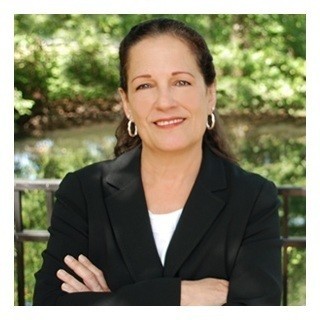(203) 562-2961Tap to Call This Lawyer

Linda Ann Subbloie
Video conferencing available for consultations, mediations and client conference
Badges
Claimed Lawyer ProfileQ&A
Education
- Nova Southeastern University
- J.D. (1990) | Law
- -
-

Professional Associations
- The Florida Bar
- Current
-

Jurisdictions Admitted to Practice
- Connecticut
-

- Florida
-

Practice Areas
- Divorce
- Family Law
- Arbitration & Mediation
- Family - Arbitration/Mediation
Additional Practice Areas
- Divorce mediation
- Legal coaching
- Limited scope representation
- Family dispute mediation
Legal Answers
- Q. I live in CT. Is there any law preventing me from giving my wife everything in a divorce?
- A: No there is not.
However, keep in mind that in the event the state of Connecticut may have a lien for medicaid benefits against your wife's assets, they may be able to confiscate whatever you give her. This holds true for any other creditors who may have claim to your wife's assets or income.
Furthermore, if you want to give all of the marital assets to your wife to avoid creditors on your part, this could be considered a fraudulent transfer. This means that if a creditor challenged the transfer it could be reversed if the creditor could prove that you made the transfer to avoid the creditor's claim against you. You would have to prove that you gave all of the marital assets ... Read More
- Q. My grandfather died in 2002.He has an open bank account.No will.Is there any way to access it?
- A: If the account is under $40,000 then you can file with the probate court in the district where he lived a simplified estate intestate. Intestate means the estate passes by statute instead of a will. The statute explains who in the bloodline will inherit.
If the account is over $40,000, same as above except it is not a simplified estate but requires more time and more paperwork.
You can go to the probate website for the state of Connecticut for more information.
I don't know if the state will tell you, but you can try calling them to see if they have a lien against his estate. Otherwise, whether they take the money or not depends on whether they have a lien.
- Q. Probate
- A: The house:
So long as the deed to the house indicates that the house is in joint names with rights of survivorship then the house would go to you upon his death. No probate is needed. If the house is in joint names, but is not in survivorship, then his share goes to his heirs which would include your siblings and you. Probate is required.
The bank account:
So long as the bank account is in joint names then the account would go to you upon his death and no probate is needed. If you are on the bank account as a "beneficiary" then the result is the same. No probate is needed.
Social Media
Websites & Blogs
Contact & Map

